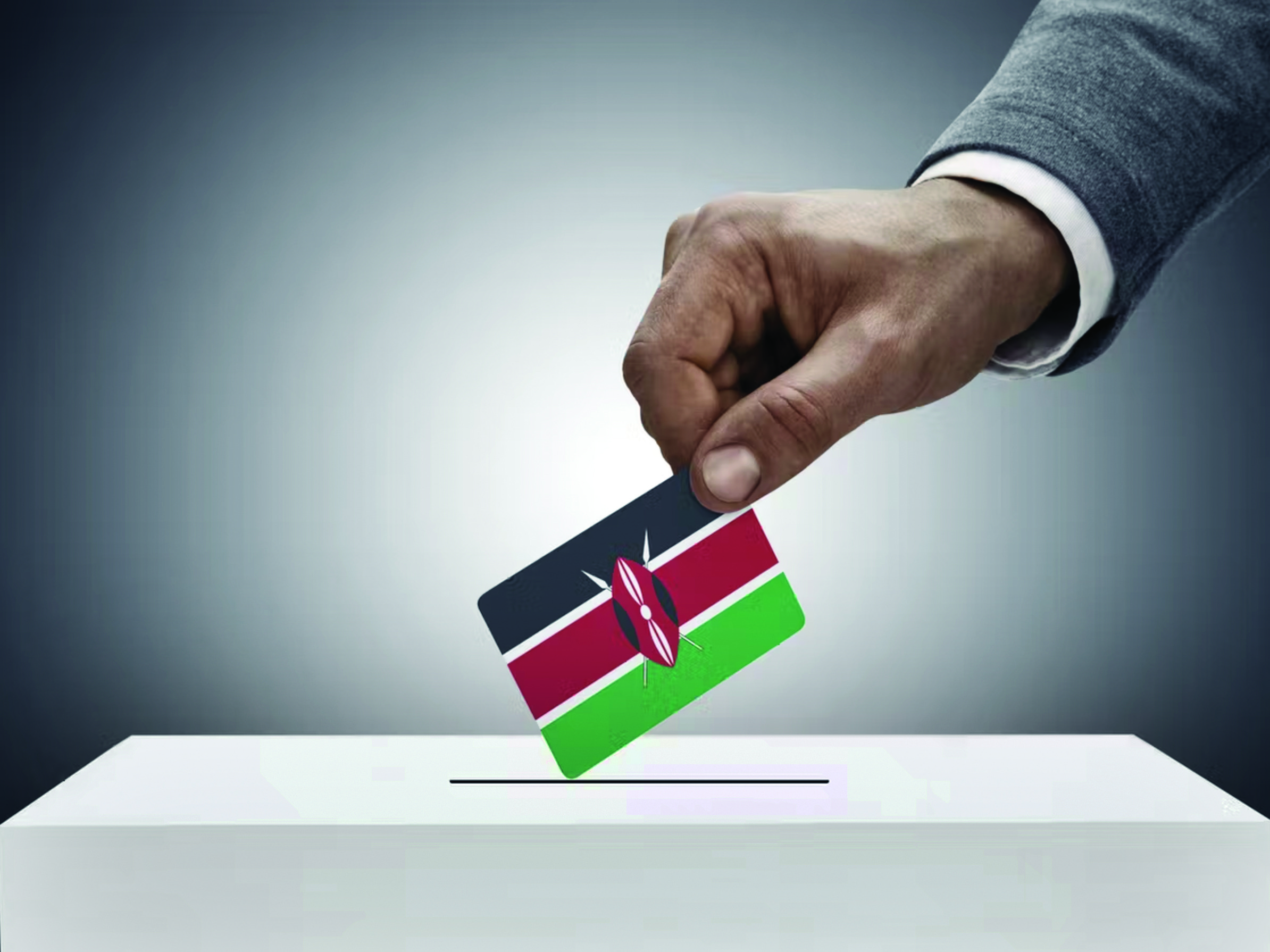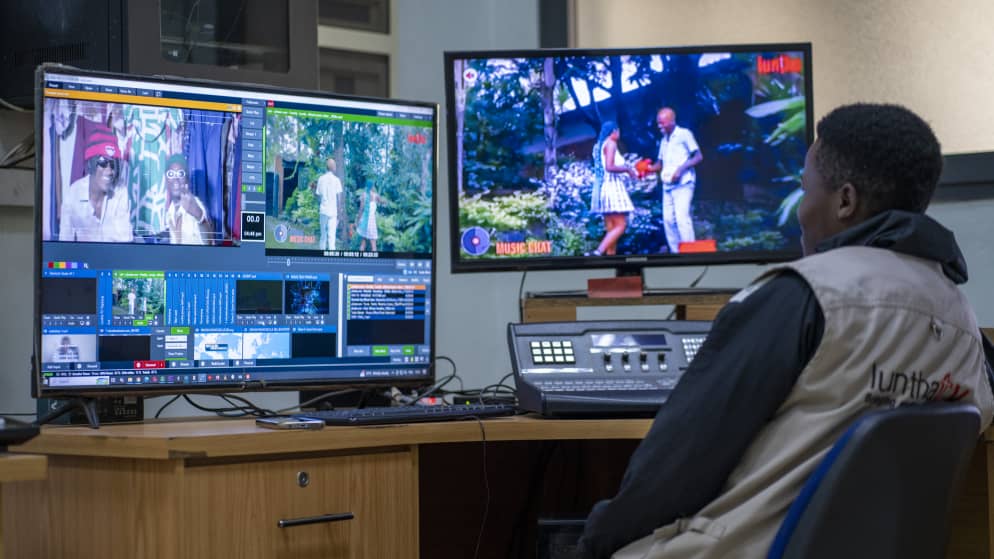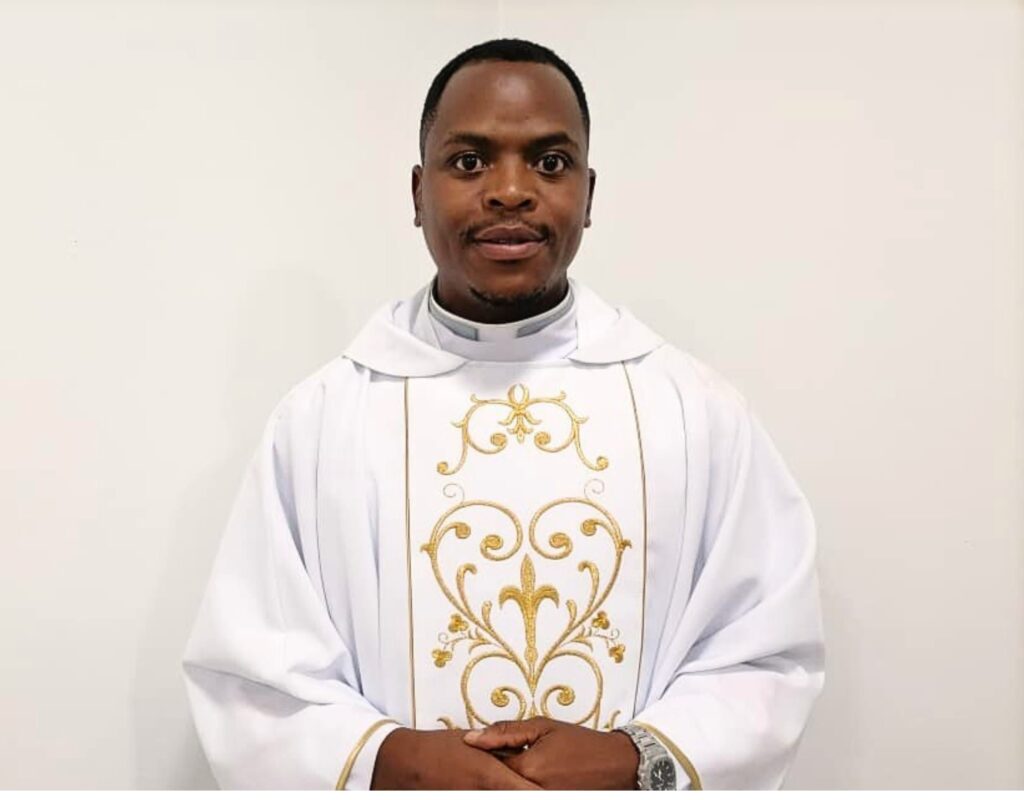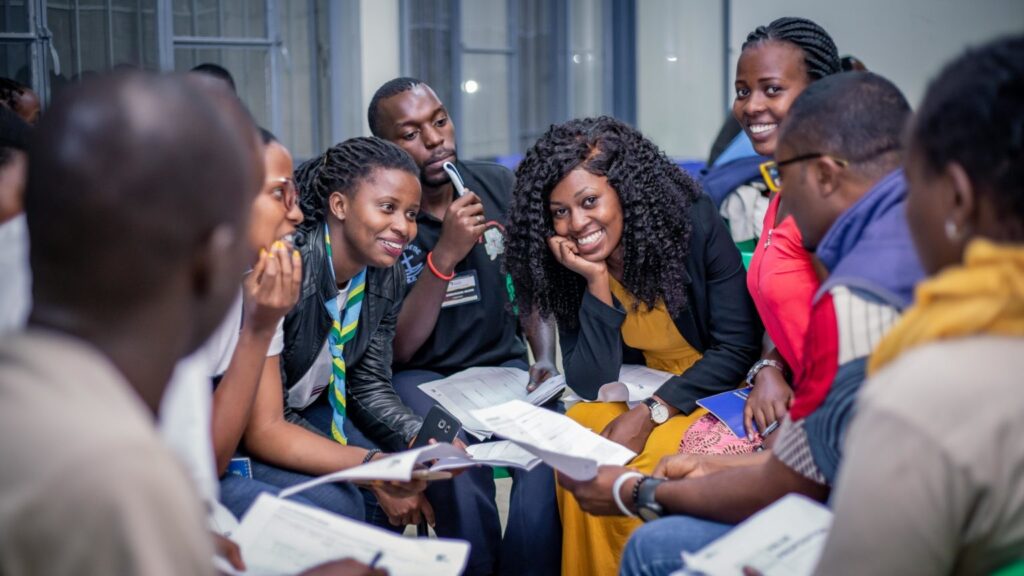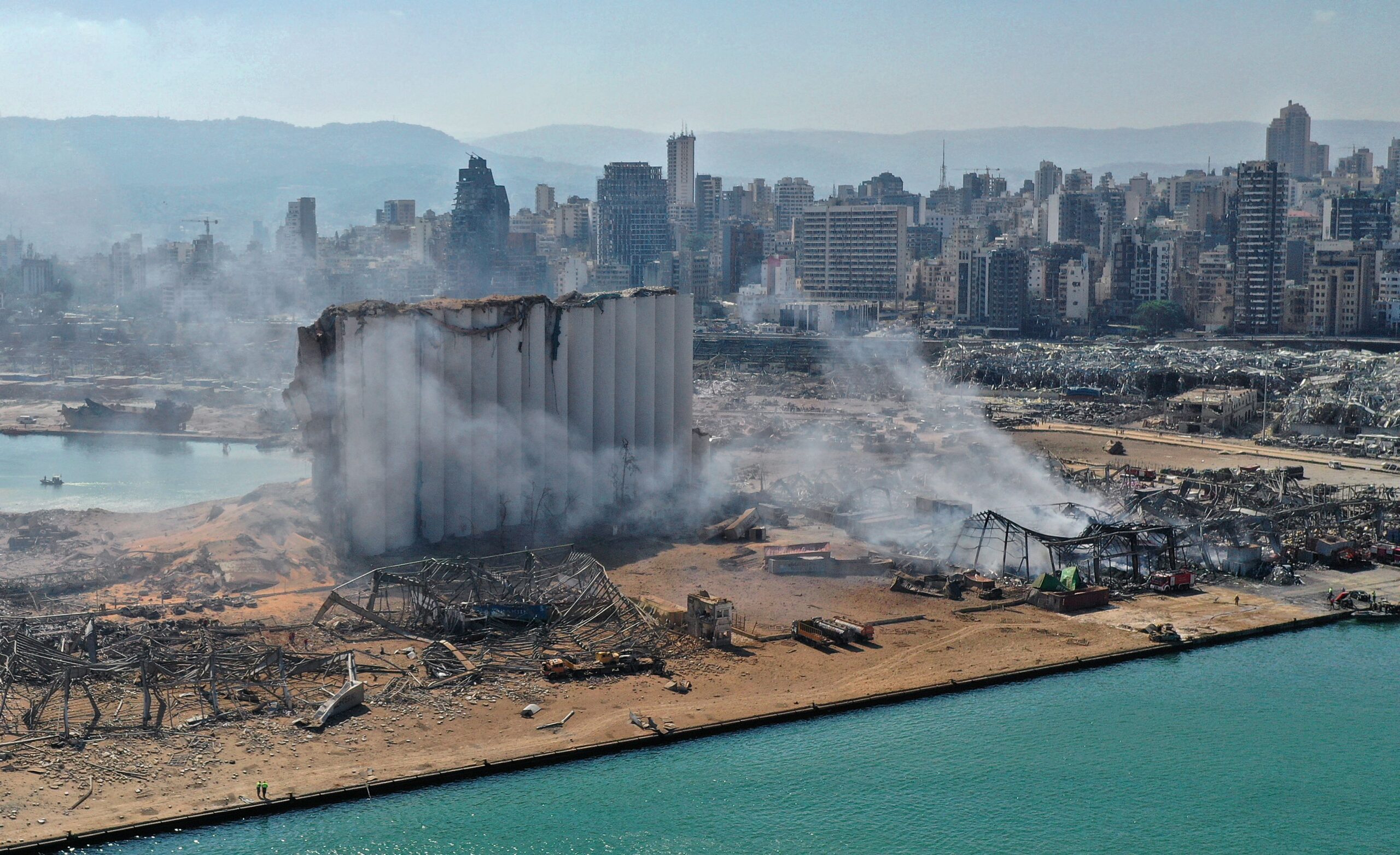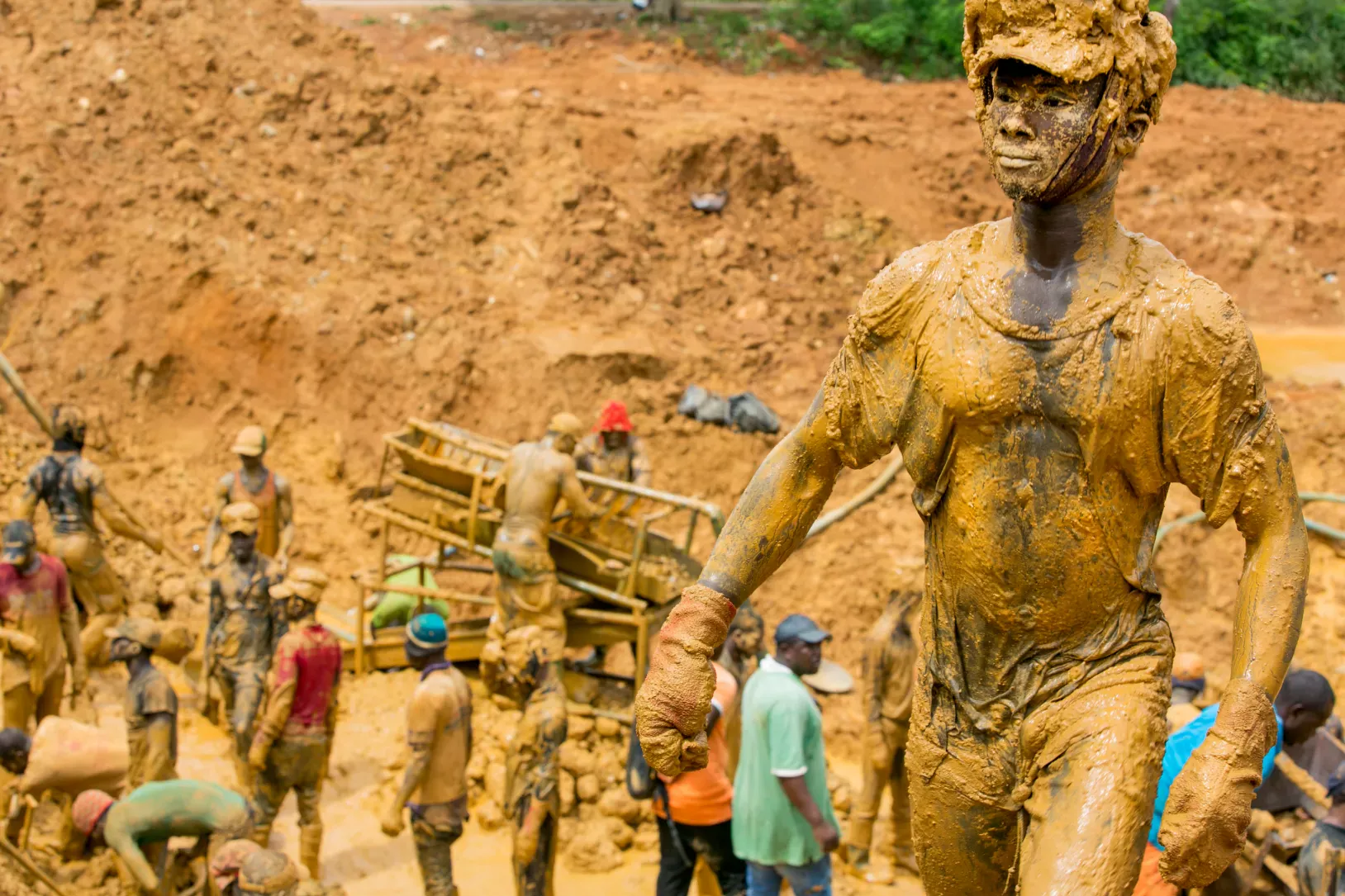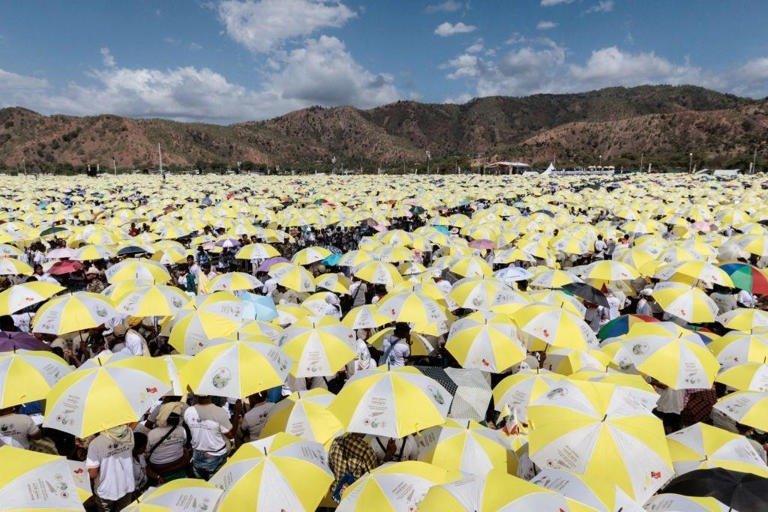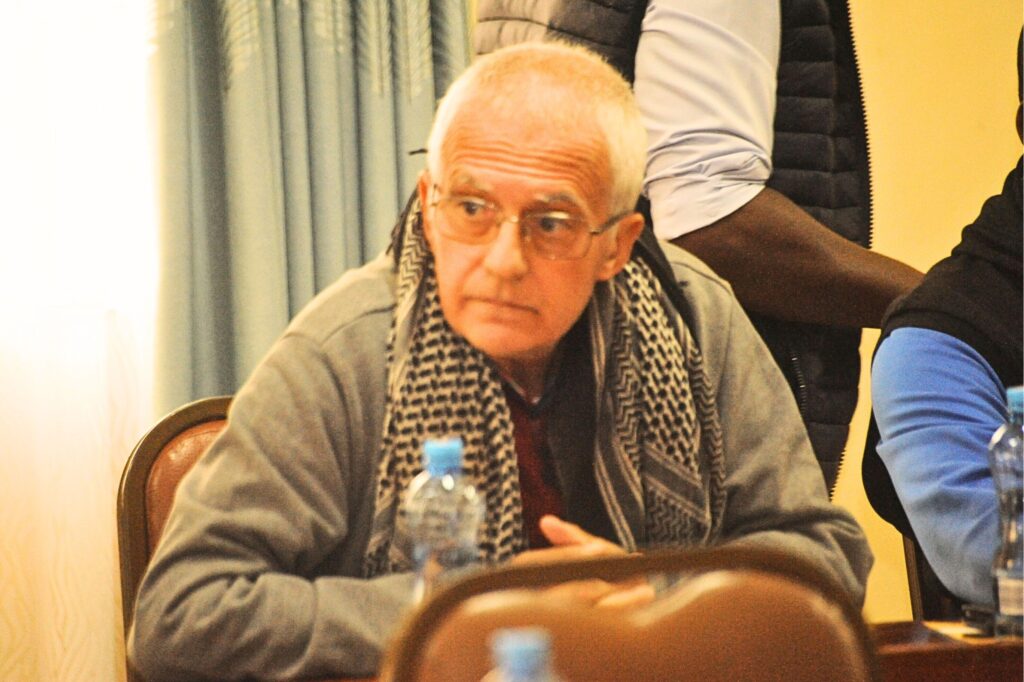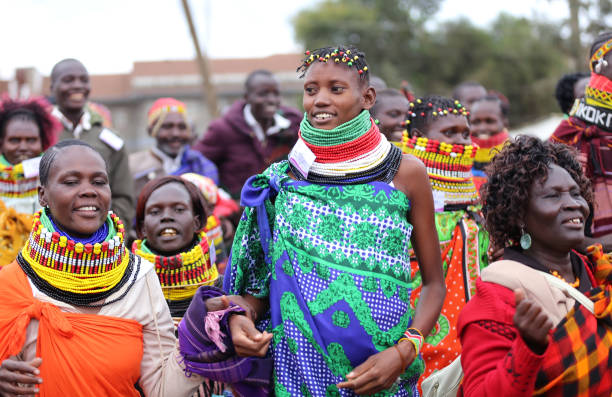Blessed are you, Kenyans, for doubting
Inquisitive Saint Thomas may not be the perfect model of a believer in Christ. But he is certainly to be emulated when it comes to choosing the leaders of one’s country. Blessed are the Kenyans if they know how to ‘doubt’, verify, ask questions, and, above all, carefully scrutinise every candidate for a leadership role before voting for him or her. The important thing required of them is that they do not betray their nation.
By Dr Elias Mokua, SJ
[Executive Director at Loyola Centre for Media and Communications – LCMC, Nairobi]
If Jesus Christ had not risen, Christianity would not exist. Ask ‘Doubting Thomas’, an apostle of Jesus Christ who was arrested, tortured, crucified and thankfully resurrected. When he was told that Jesus had risen from the dead, he simply could not believe it. He doubted his own friends. He needed proof.
If the resurrection had not taken place, the narrative would have ended with a man, who, after claiming to bring salvation to the world, was judged, condemned and hung from a tree between two criminals. His die-hard followers, including Simon Peter and Saul – the latter would become Paul – underwent a profound conversion, such that dying for Christ was not something they were afraid of.
Another man, named Judas Iscariot, did his part. He must be given credit for that. He held out, hoped to earn a few pennies on occasion, and betrayed Jesus for more pennies, until a moment of darkness seized him. Once he realised the gravity of his act, rather than repenting for betraying his Master with a kiss, he took his own life.
Facts wanted
The resurrection narrative presents a very interesting character that some of us love. This man, named Thomas, commonly known as ‘Doubting Thomas’, did not want to put faith into practice at the hour of need. No, he needed hard facts! Thomas demanded to see his Master’s wounds, to be sure that he was not an impostor.
Thomas is a guy who is not enchanted by mystery. If he were to witness the many crusades in Kenya where people are apparently healed to the point that the lame walk, the deaf hear, the blind see, and the poor become rich, he would not accept any of these claims, until he did some research. He would have to see a blind person before, during and after the crusade, to make sure that a miracle really happened. He would have to put his finger in the blind person’s eye to see that it works normally after healing. Thomas would follow the healed people back to their homes and monitor them for some time, to make sure there is no monkey business going on.
Healthy scepticism
I love Doubting Thomas for a different reason. If he were Kenyan and had the right to vote, how would he vote in the August elections? I do not know. But his operating principle is clear: doubt the aspirants for office, until you find out for yourself that they mean what they say. Thomas would need a record for every such aspirant. He would examine every detail, before making a decision. I see this great man as ‘a father of scepticism’ – the philosophy that David Hume and others found to be full of common sense.
 Scepticism fits well with the character of Doubting Thomas, because impressions can be very deceptive. Having been with Jesus for some time, learning from him on a personal level, following his steps day and night, and eating with him many times, he should have known that he was in the company of a person of uncommon standing. Above all, he had witnessed his Master’s miracles. So, why did he not believe that resurrection was possible?
Scepticism fits well with the character of Doubting Thomas, because impressions can be very deceptive. Having been with Jesus for some time, learning from him on a personal level, following his steps day and night, and eating with him many times, he should have known that he was in the company of a person of uncommon standing. Above all, he had witnessed his Master’s miracles. So, why did he not believe that resurrection was possible?
Thomas – like the other apostles – had taken cover since the Master he had followed for three years had been tried, found guilty and crucified. The news of the resurrection must have struck him like a dream. It would have taken a witness to ensure that the mission was still alive.
A lesson to learn
Thomas never renounced his faith. The resurrection story was too good to be true. Here is the lesson of Thomas we all can learn.
If you are one of the officials of the electoral system – whether you are a member of the Independent Electoral and Boundaries Commission or just an observer agent – read a little about Thomas, the apostle of Jesus. Do not betray your ‘master’, that is the people of Kenya or of any other country you come from. Do the right thing. Check, verify, ask questions, and make sure that taxpayers’ money is well spent. The lesson of this great biblical figure is that, as we wait for the next government after elections on 9th August, we must not be naive in thinking that it will serve the interests of Kenyans, especially the poor.
Civil society’s protagonism
Moreover, here are the reasons why we need to go beyond the flashy and sexy posters being thrown at us from all sides during the election campaign.
The post-Uhuru regime will have its own agenda regardless of what the citizens want. The priorities it will set are determined in the boardrooms. Although some parts of it may meet the needs of the people, many times the agenda for development is driven by political interests. It is, therefore, important to understand from the outset that the only voice that should push the people’s agenda forward is civil society.
Let us repeat it. Civil society – the religious, the media and all Non-Governmental Organisations (NGOs) – plays a key role, not only in electoral processes, but also in determining the priorities of the incoming government. From voter registration to the election results, civil society is an important player.
Once we let politicians run the development agenda, they will conveniently choose the sectors that suit them. Not that there is anything wrong with a politician pursuing his or her own agenda, but with the culture of corruption in this country deeply ingrained in our systems of governance, the tendency to choose sectors that are conducive to personal rewards is quite high.
Rivers of squandered money
We have also had promises that have turned out to be ‘white elephants’ or simply ‘dead horses’. Think of the stadiums scattered around the country. Kenya is blessed with great sports men and women. Our athletes are the best ambassadors of our reputation abroad. The stadiums promised, especially during the 2013 elections, were to ensure that no sporting talent would be wasted. But, alas, it is painful to see how money was invested in stadium foundations that were never realised.
Whether we go the Azimio la Umoja way or the bottom-up route, the agenda is all about what the political competitors think is good for us. Let us delve deeper into their campaign themes.
Whenever a politician says: “We care about the little people… We will raise everyone up… We will offer…”, be wary. Basically, it is another way of saying: “Vote for me… Relax… I will bring you what you need”. Don’t be gullible! Have you ever met people who feed millions of people with their generosity?
The Constitution is very clear that development must be a process of the people, with the people, through public participation. We must be cautious lest these paternalistic narratives take us back to the past where “the generous government gave us”. This is a relapse into the ‘serikali saidia’ syndrome.
Moreover, a new regime offers civil society a special moment to raise pertinent issues that touch on our core beliefs as a country. The spread of school burnings and strikes is symptomatic of something deeply wrong with our value systems. We have students who are allergic to reading, who want notes and not books, who love it when teachers skip class, and who simply want to pass, regardless of their commitment.
Promises are not enough
We need a regime that speaks of values that will build the future generation. We want a regime that empowers individuals through strengthening our education system. Promises alone are not enough. A regime must invest both human and financial resources to re-engineer creativity, innovation and critical thinking into who we are at all times.
Civil society should also take care of agriculture. We are largely an agro-food economy, now that our tourism sector has suffered setbacks, due not only to Covid-19, but also to poor marketing of the country as peaceful, honest and investment-friendly. More importantly, over 70% of Kenyans depend on subsistence farming.
Farmers’ dependence on imported fertilisers that destroy natural soil fertility, for instance, is not helpful for subsistence living. Seed policy, just like fertiliser policy, is more about who provides the seeds. We can hardly use our own indigenous seeds for cultivation. Slowly, we are auctioning off our millions of farmers to commercial multinationals. This is a major issue that neither farmers nor civil society is talking about as an election issue.
The media, in particular, must push aspiring politicians to go beyond words and demonstrate what is unique about them. The media has the advantage of setting a different agenda from the established and sold agenda of politicians. We will have no right to demand a development that we never participated in conceiving.

